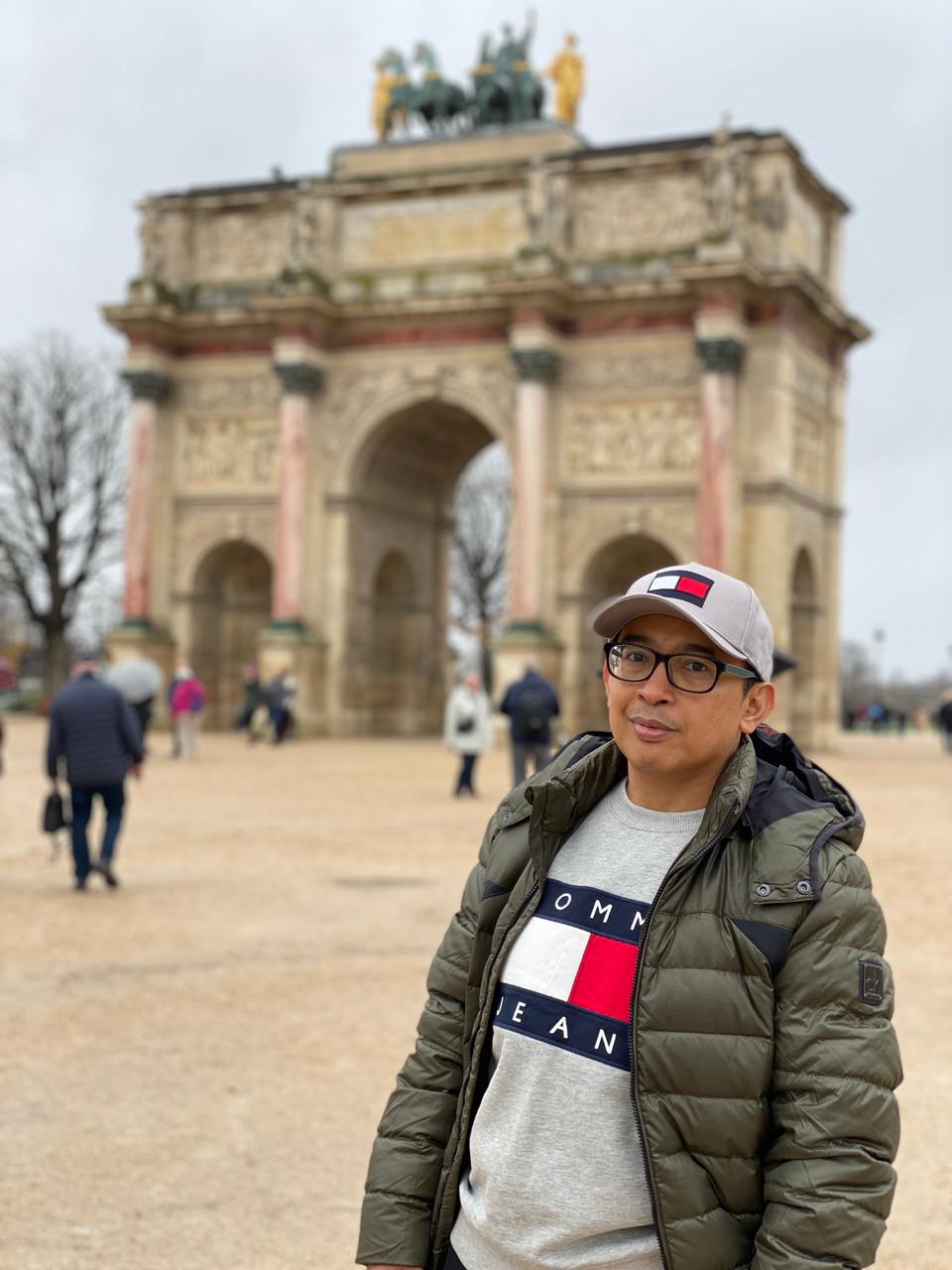Research Collaboration

Prof. Dr. Ade Gaffar Abdullah, S.Pd., M.Si
Professor Electrical Engineering Faculty of Technology and Vocational EducationAction-Oriented Learning in Vocational Education for Facing Industry 4.0 in Indonesia: Lessons Learned from Germany
Ade Gafar Abdullah, a Professor based in the Faculty of Technological and Vocational Education, Universitas Pendidikan Indonesia, has managed to conduct several joint research and publication within the global scope. His most recent work, for instance, involved the discussions of vocational education curriculum implementation and the industry, particularly industrial revolution 4.0. It is believed that one of the primary objectives of vocational education is to provided human resources, in which in this context are vocational school graduates, with skills and competences relevant to the industry. To this relation, Germany is well-known as a good example of such phenomenon, where both the education and industry are in harmony.
The study entitled “Implementation of Action-Oriented Learning in Vocational Education for Facing Industry 4.0 in Indonesia: Lessons Learned from Germany” aimed to (1) analyze the concepts of action-oriented learning policy in Germany; (2) analyze the concepts of industrial policy 4.0 in relation with vocational education in Indonesia; (3) comparatively analyze between industry application policies 4.0 in Indonesia and Germany in relation with vocational education; (4) survey on the governance of action-oriented learning in Germany; and (5) survey on industry concept 4.0 which is implemented in German industries.
Through a survey and focus group discussion (FGD) among curriculum developers, professors of vocational education, and industrial stakeholders, the study found that there has not been relevance between the curriculum of vocational education and industrial needs in Indonesia. In the meantime, the German curriculum and industry are in a match. It is then implied that there needs to be a massive evaluation and revolution of vocational education curriculum in order to meet industry 4.0, starting from the policies into the implementation at school level.